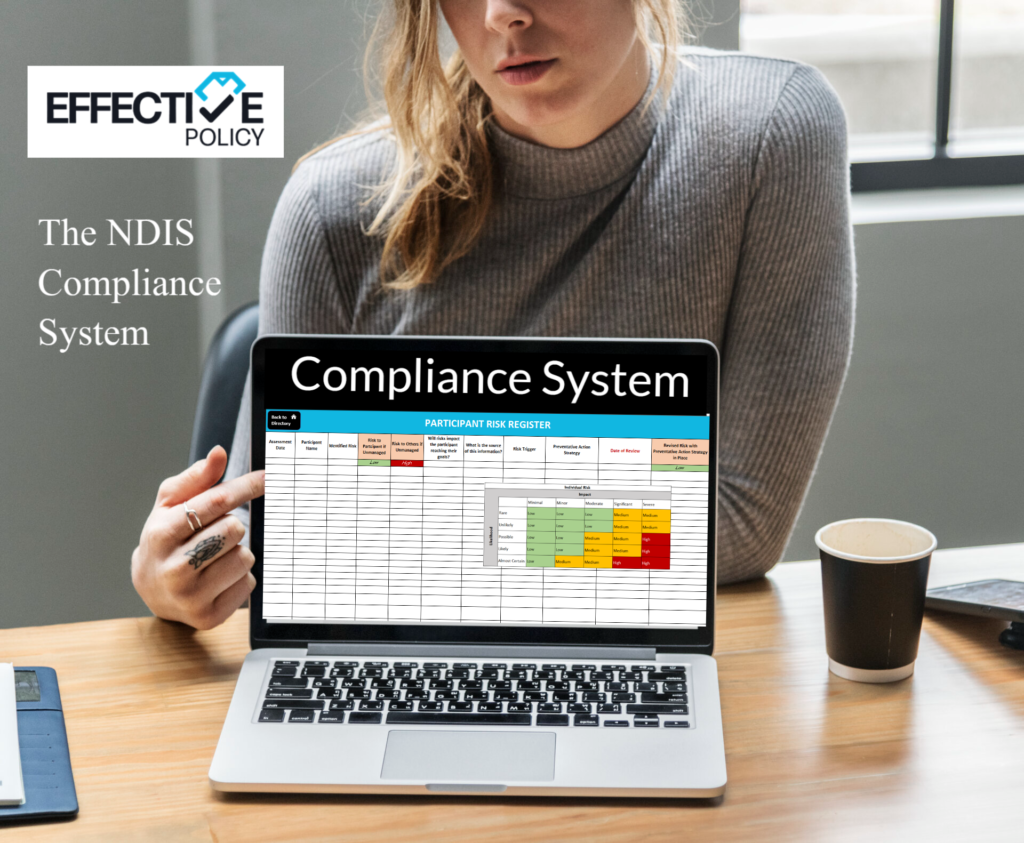
In today’s ever-evolving healthcare landscape, maintaining high standards of care and ensuring operational efficiency is paramount for organisations providing NDIS (National Disability Insurance Scheme) or aged care services. One powerful tool to achieve these goals is the internal audit. By conducting regular NDIS and aged care internal audits, service providers can uncover valuable insights, identify areas for improvement, and ensure compliance with regulatory requirements. Here are some key values of having an internal audit for these essential services.
1. Ensuring Compliance and Regulatory Adherence
One of the primary values of an internal audit is ensuring that the organisation complies with relevant laws, regulations, and standards. For NDIS and aged care services, this means adhering to the guidelines set by regulatory bodies such as the NDIS Quality and Safeguards Commission and the Aged Care Quality and Safety Commission. Regular internal audits help organisations stay up-to-date with these regulations, avoid penalties, and maintain accreditation status.
2. Enhancing Quality of Care
Internal audits provide a systematic approach to evaluate and improve the quality of care provided to clients. By assessing care plans, service delivery, and client outcomes, organisations can identify gaps in service and implement corrective actions. This continuous improvement process leads to better care experiences for clients and their families, fostering trust and satisfaction.
3. Identifying and Mitigating Risks
Every organisation faces risks, whether financial, operational, or reputational. Internal audits help identify these risks early and develop strategies to mitigate them. For NDIS and aged care providers, this could mean recognising areas where client safety could be compromised, identifying inefficiencies in service delivery, or uncovering potential financial mismanagement. Proactively addressing these risks helps protect the organisation and its clients.
4. Improving Financial Performance
An internal audit can reveal insights into the financial health of an organisation. By examining financial records, billing practices, and budget management, auditors can identify areas where resources may go to waste. This leads to more effective financial planning, cost savings, and better resource utilisation, ultimately ensuring more funds are available to enhance service delivery.
5. Enhancing Operational Efficiency
Operational efficiency is crucial for the sustainability of NDIS and aged care services. Internal audits assess the efficiency of processes and workflows, identifying bottlenecks or redundancies. Organisations can deliver services more effectively and responsively, improving client outcomes and staff satisfaction by streamlining operations.
6. Strengthening Governance and Accountability
Good governance and accountability are fundamental to building a reputable and trustworthy organisation. Internal audits reinforce these principles by providing a transparent and objective review of the organisation’s operations and decision-making processes. This fosters a culture of accountability, where staff and management are encouraged to adhere to best practices and ethical standards.
7. Facilitating Strategic Planning
Internal audits offer valuable data that can inform strategic planning. By understanding current performance levels and identifying areas for improvement, organisations can set realistic goals and develop targeted strategies to achieve them. This forward-looking approach ensures that NDIS and aged care providers are well-prepared to meet future challenges and opportunities.
8. Boosting Staff Morale and Training
Internal audits are not just about finding faults, but also an opportunity for professional growth and development. The audit process can highlight training needs and areas where staff may require additional support. Based on audit findings, providing targeted staff training and professional development opportunities can boost morale, enhance skill levels, and improve service delivery.
Conclusion
The values of having an internal audit for NDIS or aged care services are multifaceted and far-reaching. From ensuring compliance and enhancing the quality of care to improving financial performance and operational efficiency, internal audits are a vital component of a robust and resilient organisation. By embracing the audit process, NDIS and aged care providers can foster a culture of continuous improvement, ultimately benefiting their clients, staff, and the broader community.
Book your audit consulting now if you are an NDIS or Aged Care Provider looking to speak to an internal audit expert.

